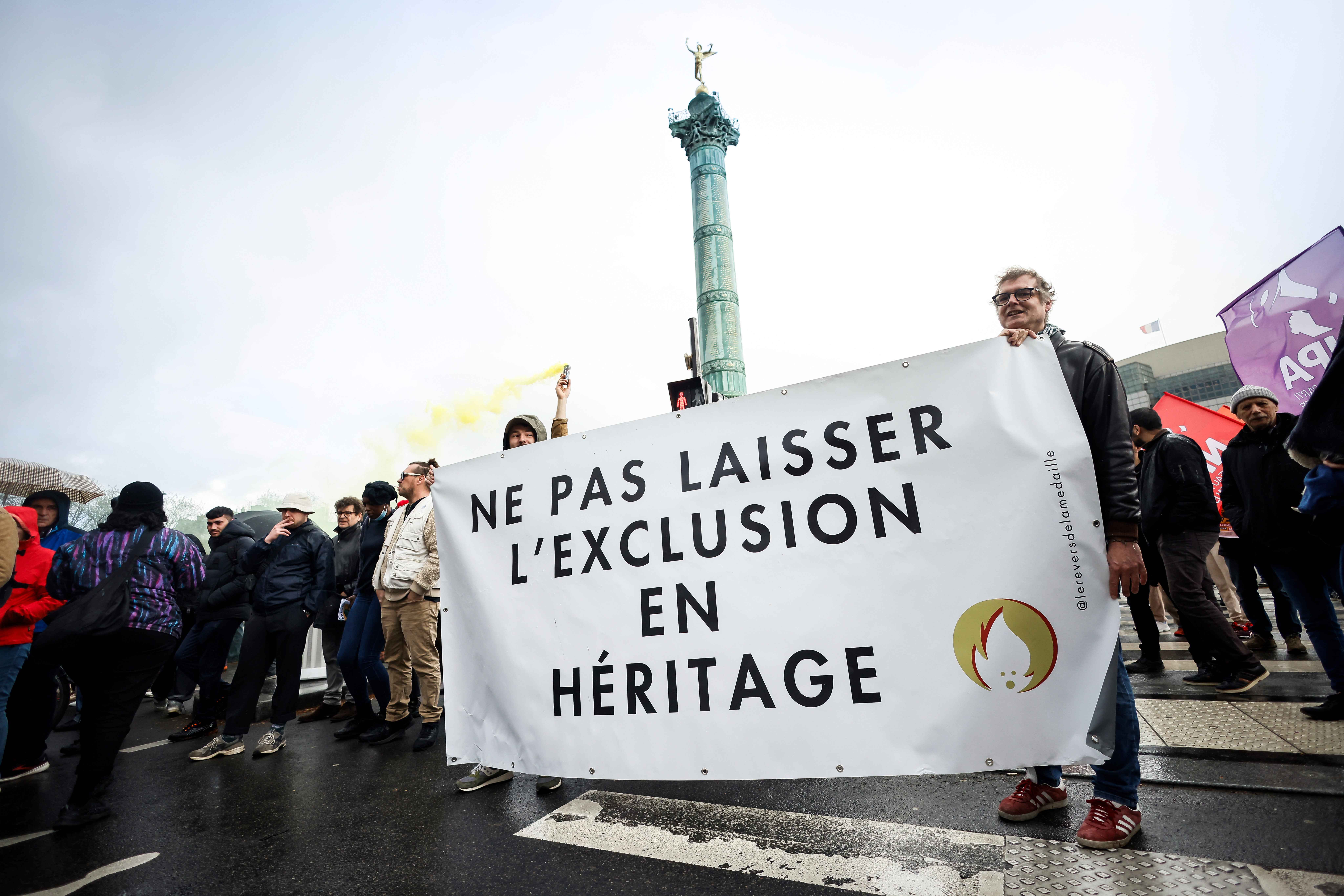The Paris Olympics displaced nearly 20,000 people, local associations say
A coalition of over 100 organizations has reported that nearly 20,000 individuals were displaced from informal housing in Paris and surrounding areas during preparations for the 2024 Summer Olympics

Nearly 20,000 people were forcibly displaced in the lead-up to the Paris Olympics from tent camps or shelters in the Paris region, a coalition of more than 100 community groups said Monday.
In its report, the group Le Revers de la Médaille, which translates as “the other side of the medal”, claimed that 19,526 people were displaced from informal housing between April 2023 and September 2024 as part of what it calls “social cleansing” by authorities. The report notes that some people were evicted multiple times and, as a result, may be counted more than once.
As the city prepared to host millions of spectators for the Games, facilities and infrastructure underwent significant renovation, which the report alleges included the eviction of migrants and squatters from visible locations near event venues.
Paul Alauzy, spokesperson for Le Revers de la Médaille, claimed that there is direct evidence linking these displacements to Olympic preparations.
“There are images, internal government documents, and eviction orders explicitly referencing the Olympics as justification,” Alauzy said on Monday.
The group’s data highlights a surge in eviction operations — 260 between April 2023 and Sept. 2024— up 41% from the same period in 2021-2022. The report also notes that over 4,500 minors were among those displaced.
French officials did not immediately respond to the group's estimate. The city imposed exceptionally strict security measures for the Games and notably the unprecedented opening ceremony all along the Seine River, which required a double-checked process and a QR code to attend.
In August, Marc Guillaume, the prefect for the Île-de-France region, which encompasses Paris, stated in a radio interview that eviction rates had not increased due to the Olympics and that every displaced individual was offered alternative housing.
French President Emmanuel Macron also addressed the issue in August, claiming that France had successfully created a social legacy linked to the Olympics.
“I’m not forgetting that we have succeeded in creating a social legacy for the Olympic Games, with more than 200 marginalized people who used to live on the streets around the venues now having a permanent home,” Macron said at a conference on Aug. 12, the day following the Olympics closing ceremony.
In its report, the coalition is now advocating for a reevaluation of the Olympic hosting model, proposing a permanent site for future editions and more sustainable practices to mitigate the risk of displacements.
Bookmark popover
Removed from bookmarks